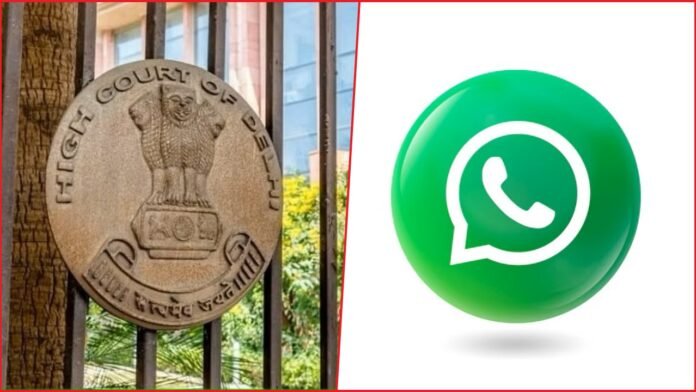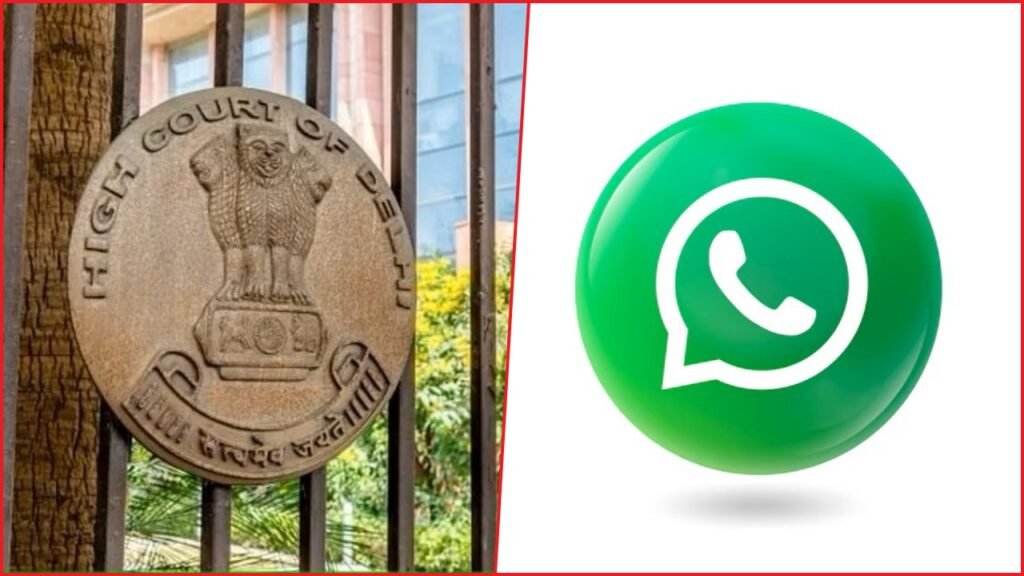
New Delhi: WhatsApp has taken a definitive stand in the Delhi High Court, asserting its commitment to user privacy through end-to-end encryption. The company has made it clear that it will cease operations in India rather than compromise on this principle. This bold stance comes in response to the IT Rules, 2021, which WhatsApp, owned by Meta, is currently challenging.
The crux of the issue lies in the IT Rules’ mandate for tracing messages and identifying senders, which WhatsApp argues would undermine the very foundation of privacy promised to its users. The app, which boasts over 400 million users in India, has become synonymous with secure communication, thanks to its encryption that ensures only the sender and receiver have access to message content.
Representing WhatsApp, Tejas Karia conveyed to the court that the company’s departure from India would be the inevitable outcome if asked to break encryption. This sentiment echoes the concerns of users who value the privacy features of WhatsApp. The company contends that the IT Rules 2021 not only weaken encryption but also infringe upon the protection of user privacy as enshrined in the Indian Constitution.
In a Meta event last year, CEO Mark Zuckerberg highlighted India’s leadership in adopting messaging technologies. However, WhatsApp maintains that the current rules threaten to dilute the encryption of content and compromise user privacy.
Karia further emphasized the global uniqueness of the rule, noting that no similar regulation exists elsewhere, not even in Brazil. The implementation of such a rule would necessitate the storage of millions of messages for extended periods, an unprecedented and invasive requirement.

The ongoing legal challenge by WhatsApp and Meta against the IT Rules 2021 is a testament to their dedication to safeguarding user privacy. As the case unfolds, the outcome will have significant implications for digital rights and privacy standards in India and potentially beyond.



















































